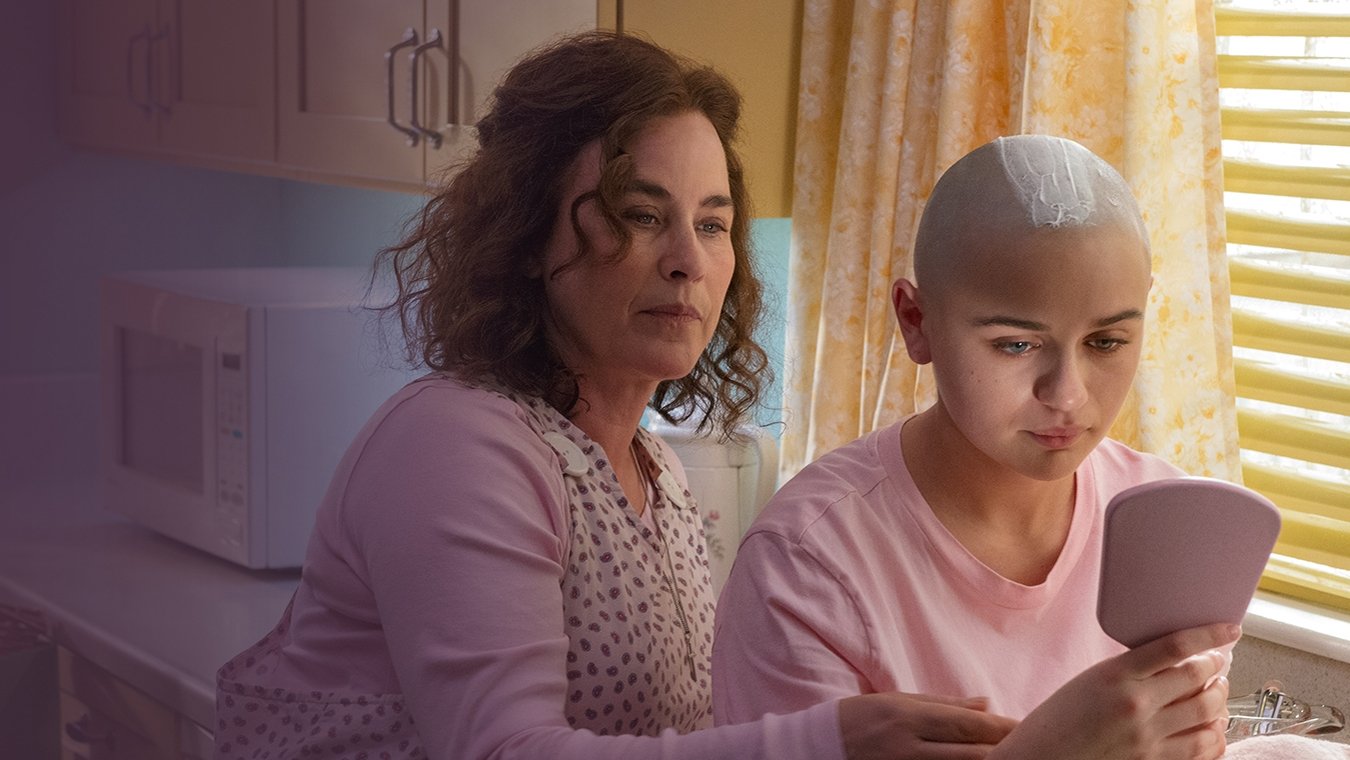

Either way, our culture’s appetite for true crime has reached critical mass, which is why there’s a new movie, TV show, or documentary release seemingly every week.

Perhaps it’s the car-crash mentality-we just can’t look away.

Maybe we love it because it helps put our own lives into perspective. Why the genre is so popular remains a mystery. Documentaries like Fyre quickly go viral on social media and birth hundreds of memes. Podcasts like Serial and Crime Junkie are always in the top slots on iTunes. True crime is a full-blown phenomenon that spans all different types of media. That’s the power of a good true-crime show.Īnd there are so many out there beyond documentaries: Have you seen Hulu’s The Act, a miniseries that centers on the real-life murder of Dee Dee Blanchard, a mother with Munchausen syndrome by proxy who intentionally made her daughter, Gypsy, sick? Or director Ava DuVernay’s When They See Us, which exposes the racism that runs rampant in the criminal justice system? Also, let’s not forget about now classics of the genre like Dirty John and American Crime Story. Remember when Netflix’s Tiger King: Murder, Mayhem, and Madness captivated everyone in 2020? It was all anyone could talk about. The police department accepted Dee Dee's claims without further investigation, and simply noted in their report that Gypsy did indeed suffer from "a mental handicap.The best true-crime shows are more than just a series: They’re part of the cultural conversation. He was not notified, and the claims went unchecked. Rod Blanchard, Gypsy's father, sent Dee Dee money monthly for his daughter's care. When the police paid Dee Dee and Gypsy a visit, Dee Dee explained that the inconsistent birth dates and name spellings were designed to evade an abusive husband. Two years later, an anonymous call to the Springfield Police Department expressed doubt that Gypsy was truly ill and requested authorities to take a look at inconsistencies on her birth certificate. Though the girl had a relatively clean bill of health, doctors chose not to probe and instead treated her for vision, hearing, sleep, and salivation problems that stemmed from the muscular dystrophy Dee Dee insisted Gypsy had.Īccording to the BuzzFeed article, one doctor in Springfield, Missouri, pediatric neurologist Bernardo Flasterstein, did tell Dee Dee about his doubts in 2007 he even noted "a strong possibility of Munchausen by proxy." But nothing came of his suspicions. With MSBP, doctors may be reluctant to bring up any suspicions that a patient or their caretaker is lying or exaggerating symptoms, because it could be harmful to the patient's wellbeing.Īs early as 2001, tests for Gypsy's muscular dystrophy and her brain and spine scans all came up negative for any issues. Patricia Arquette and Joey King in The Act Hulu + Brownie Harris People became suspicious about Gypsy's conditions.


 0 kommentar(er)
0 kommentar(er)
